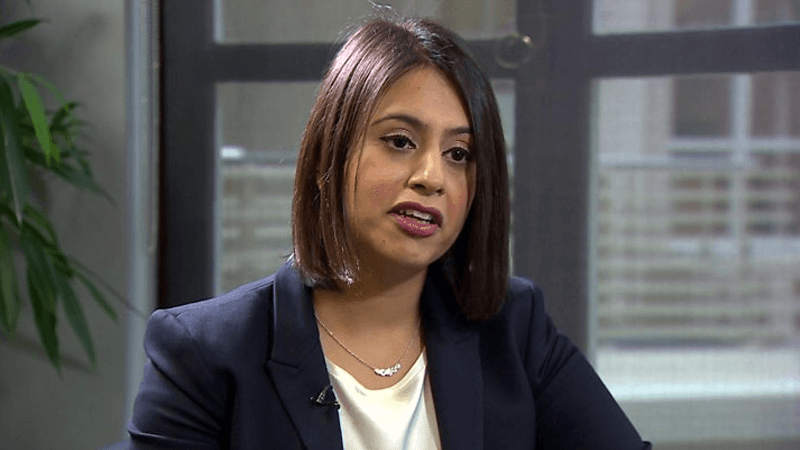The Government’s definition of extremism is too broad and restricts legitimate free speech, the head of the Commission for Countering Extremism has said.
Sara Khan was tasked with investigating the threat of extremism in England and Wales following the 2017 terror attacks in London and Manchester.
Her new report, Challenging Hateful Extremism, says the Government’s efforts to combat extremism are failing because of its poor definition.
‘Climate of censorship’
Khan said distinguishing between credible, democratic debate and hateful extremism is “critical”, saying: “We must continue to protect and preserve freedom of expression.
“This includes our right to be radical, to protest and even be offensive. I believe we need more speech not less to counter hateful extremism; more discussion and debate is vital.”
Khan said hateful extremism included inciting and amplifying hate, engaging in persistent hatred, and making a moral case for violence.
She said her provisional definition would protect free speech from those trying to create “a climate of censorship, restricting freedom of expression and religion or belief”.
Urgent overhaul
It was recently found that 75 per cent of those who responded to the Government’s consultation on extremism said the current definition – which is described as the vocal or active opposition to fundamental British values – was unhelpful.
“That is why today I am calling on the Government to urgently overhaul its approach and to focus on hateful extremism”, Khan said.
“My Commission’s immediate next step will be to develop a working definition of hateful extremism.”
She added that there were no convincing arguments for introducing more powers to combat extremism.
Lazy labelling
The campaign group Defend Free Speech welcomed the Commission’s endorsement of free speech and its assertion it was not calling for new laws.
A spokesman said: “Labelling people we disagree with as extremists simply in order to silence them is intellectually lazy and damaging to debate.
“The Commission has engaged intensively with individuals and organisations involved in the Defend Free Speech campaign and we reiterate our willingness to continue this engagement going forward.”

